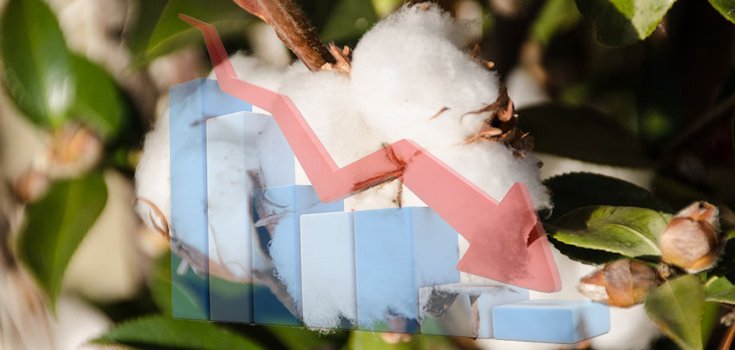Indian Government Cuts Monsanto’s GM Seed Royalty Fees by 70%

The Indian Agricultural Minister has confirmed that royalties to biotech giant Monsanto for its genetically modified cotton seeds will be capped at 49 rupees (73 cents U.S.) per 450-pack, amounting to a 70 percent reduction from current levels. Monsanto is threatening to ‘pull-out’ in response to the cap.
In an act of sheer defiance against the seed monopolizing company, who also happened to introduce GM cotton seed illegally into the country, the Indian government has also capped GM cotton seed prices at 800 rupees for a packet of 400 grams
Monsanto does business in India under the name Mahyco Monsanto Biotech, or MMB, as a joint venture with Maharashtra Hybrid Seeds Co. The venture allows Monsanto to collect trait fees, a form or royalties.
Indian agricultural minister Sharad Pawar has also admitted in parliament that there is a flourishing illegal market for genetically modified (GM) cotton seeds, strengthening allegations by the industry that more than half of all the GM cotton now growing in the country is from unapproved varieties.
Monsanto and Mahyco have stated they plan to “reevaluate every aspect” of their position in India, suggesting the cut to their ill-begotten royalties would override contracts they have with seed companies.
Monsanto’s Bt Cotton has been controversial, some naming it as the cause of over 300,000 farmer suicides. Close to 65 percent of India’s cotton crop comes from farmers who rely on rain, not irrigation pumps. For them, the situation is the opposite—reliance on pesticides and the higher cost of the seeds increase the risk of bankruptcy and thus suicide. The smaller and more Bt-reliant the farm in these rain-fed cotton areas, the higher the suicide rate.
India was the world’s cotton provider for perhaps 5000 years, until the emergence of the slavery-dependent cotton empire in the southern United States in the early 1800s. The same model of slavery is being inflicted upon Indian farmers today, simply_ by the promotion of the use of insecticides, and herbicides as well as GM seed to farmers who are already deeply in debt for their land.
Source:
